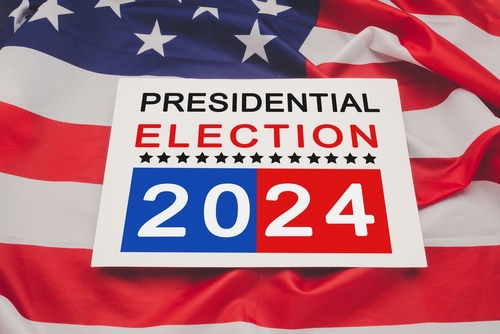The American Bar Association’s (ABA) longstanding dominance in law school accreditation is facing unprecedented challenges, as states and federal entities explore alternatives.
At a Glance
- The ABA monopolizes law school accreditation in the U.S.
- States like Texas and Florida are considering non-ABA accreditation paths for bar exams.
- The ABA’s accreditation demands contribute to rising tuition and stunted educational innovation.
- Federal efforts seek to diversify legal education accreditation, reducing ABA’s control.
ABA’s Grip on Legal Education
The American Bar Association has long held a monopoly over law school accreditation, making it a de facto requirement for most states’ bar exams. Critics argue that this monopoly empowers the ABA to impose costly requirements on law schools, despite little evidence that these measures enhance educational outcomes. Furthermore, the ABA’s insistence on adopting progressive priorities, such as race-conscious admissions, has fueled controversy and dissatisfaction at both the state and federal levels.
States like Texas and Florida are spearheading efforts to counter the ABA’s dominance. Both states are evaluating paths to allow bar exam eligibility without the necessity of attending an ABA-accredited institution. These considerations align with federal calls under the Trump Administration for broader accreditation options and increased scrutiny of existing accrediting bodies.
The Impact and Cost of ABA Standards
The ABA’s accreditation system has inadvertently driven up the cost of obtaining a law degree in the U.S. This accreditation scheme requires law schools to meet expensive and often unnecessary criteria that do not necessarily reflect educational quality. Critics liken these practices to self-interested cartel behavior, with the repercussions felt by students through inflated tuition fees and a lack of innovation across legal education.
Such practices have hindered pedagogical evolution, restricting opportunities for schools to explore new, potentially more effective teaching models. Notably, federal engagement seeks to inject competition into the accreditation field, promoting enhancements where current standards fall short of adequately serving public and student interests.
Future of Legal Education Accreditation
As dissatisfaction with the ABA’s role grows, there is a strong case for rethinking the model of legal education accreditation in the United States. Diversifying accreditation options could lead to significant improvements, fostering an environment where educational quality, not accreditor interests, takes precedence. The ABA’s accreditation role, though deeply ingrained, is not immutable. The evolving landscape suggests potential for significant change, driven by both state initiatives and federal policy directions.
Continued advocacy for alternative accreditation and licensing pathways may pave the way for a more affordable, adaptable, and innovative legal education system that aligns better with contemporary market needs and student expectations.






